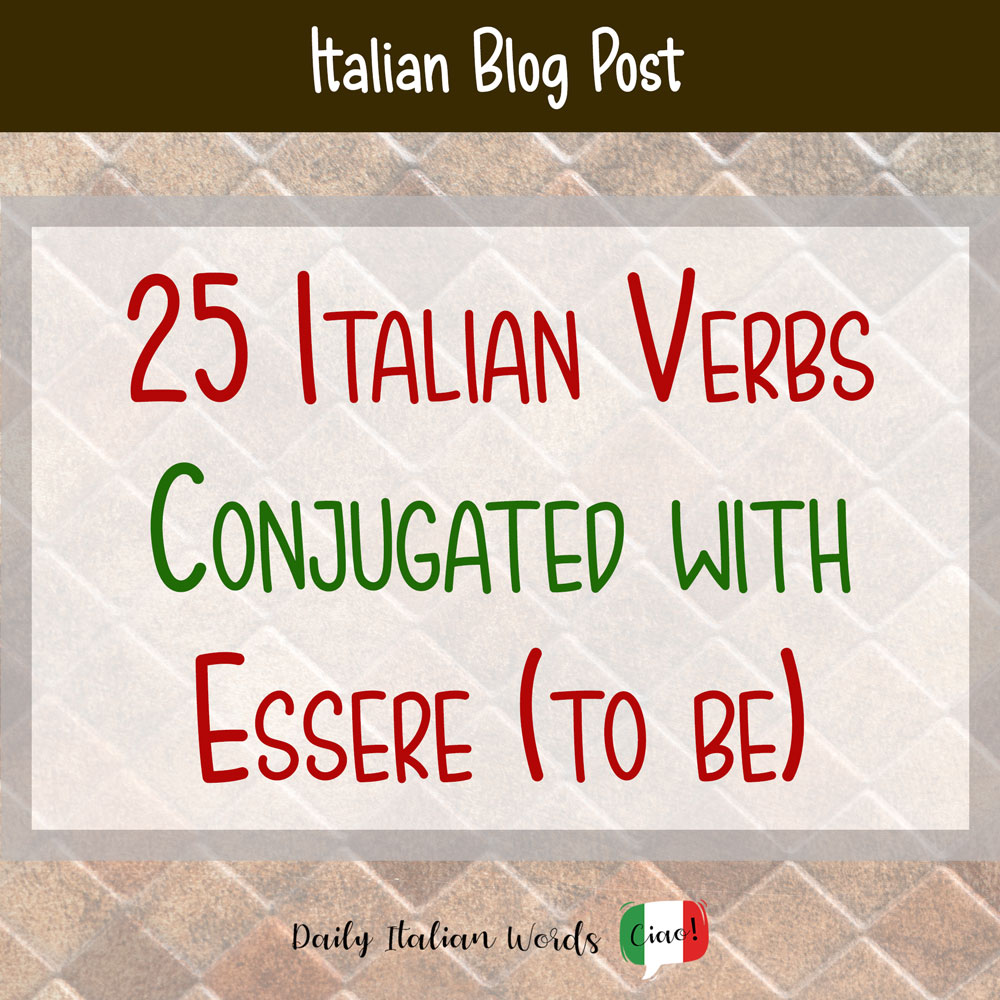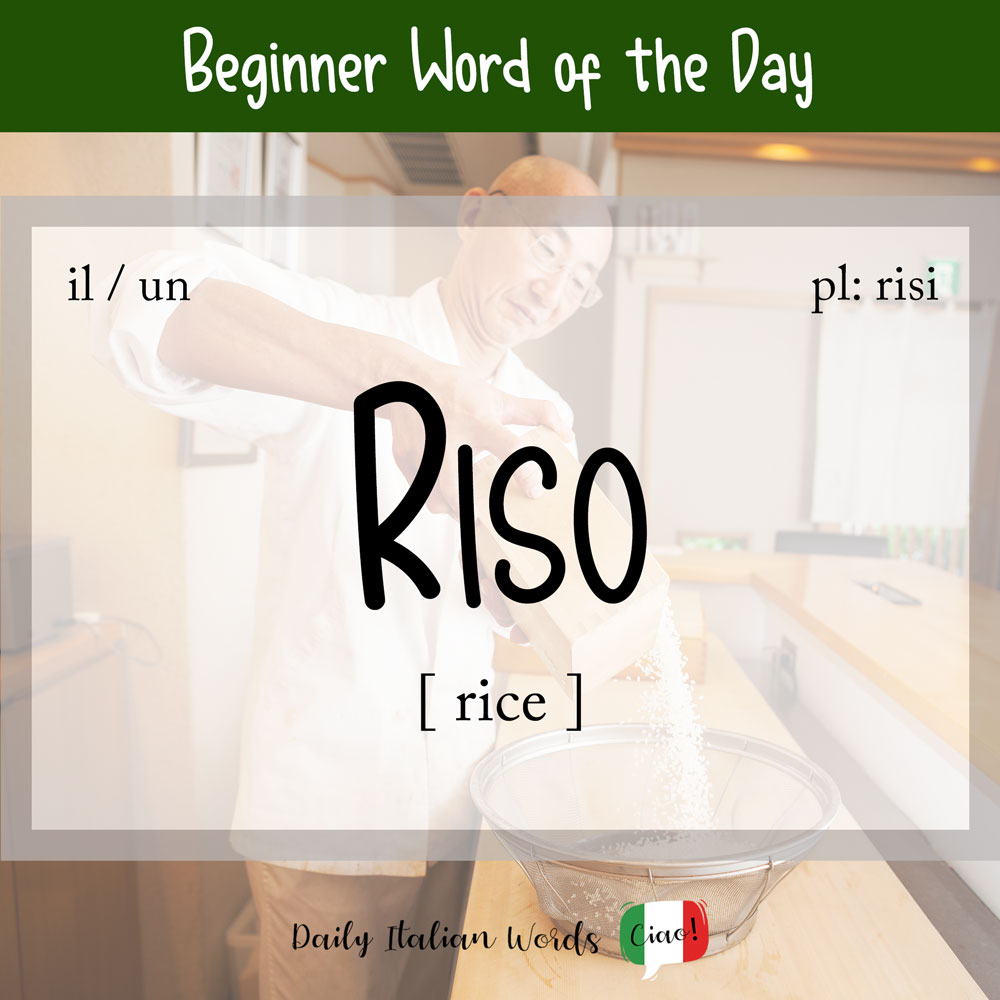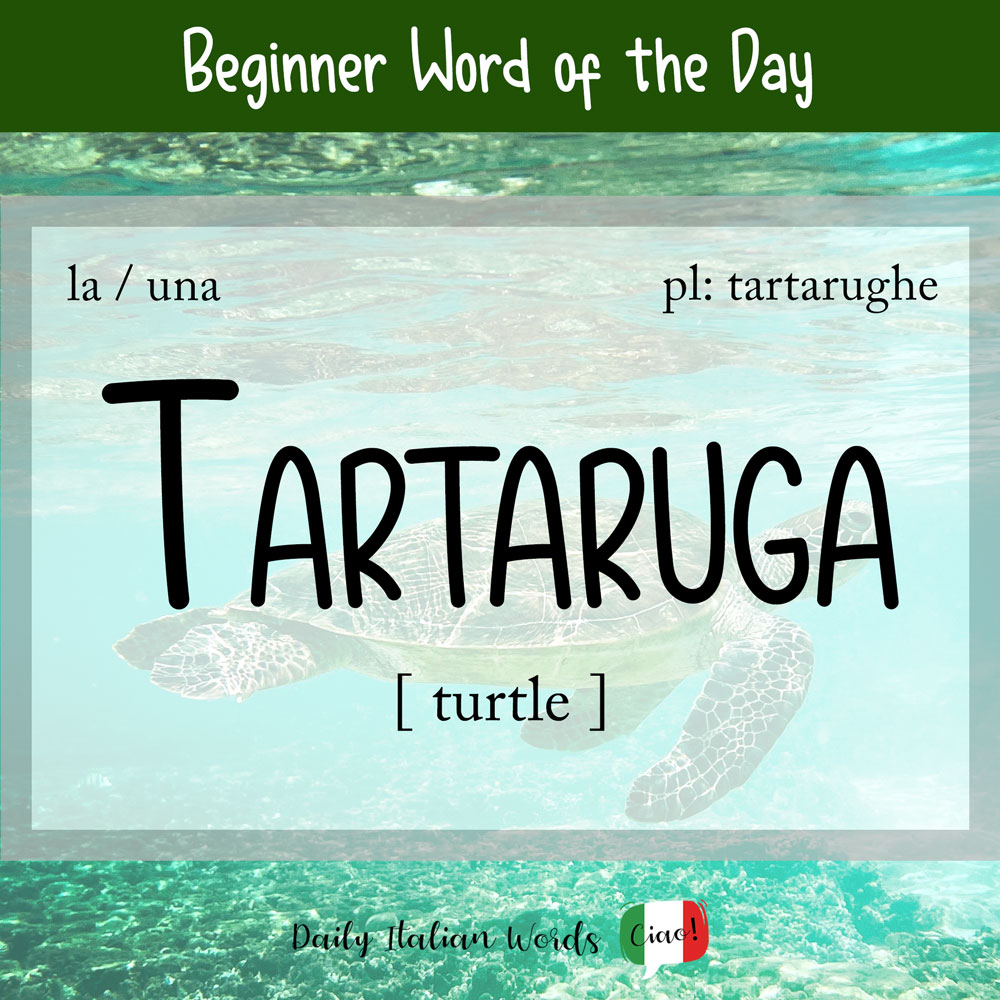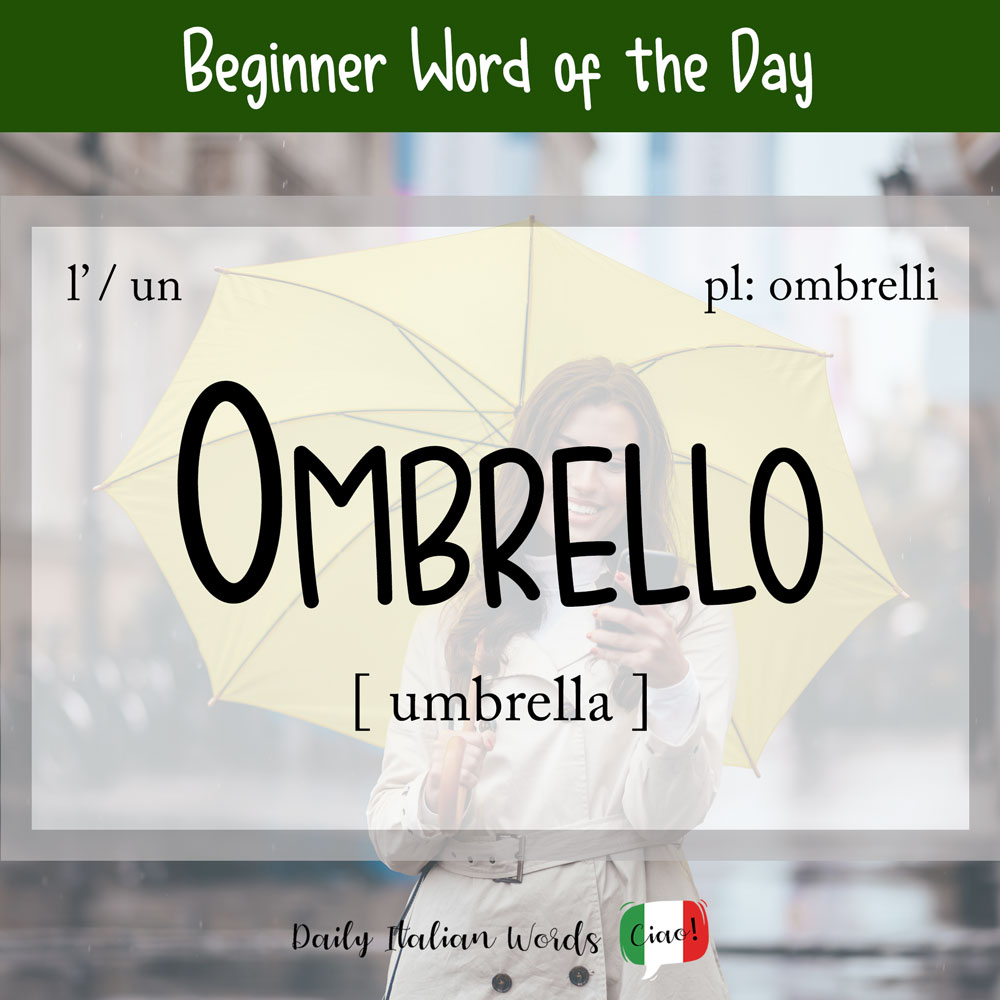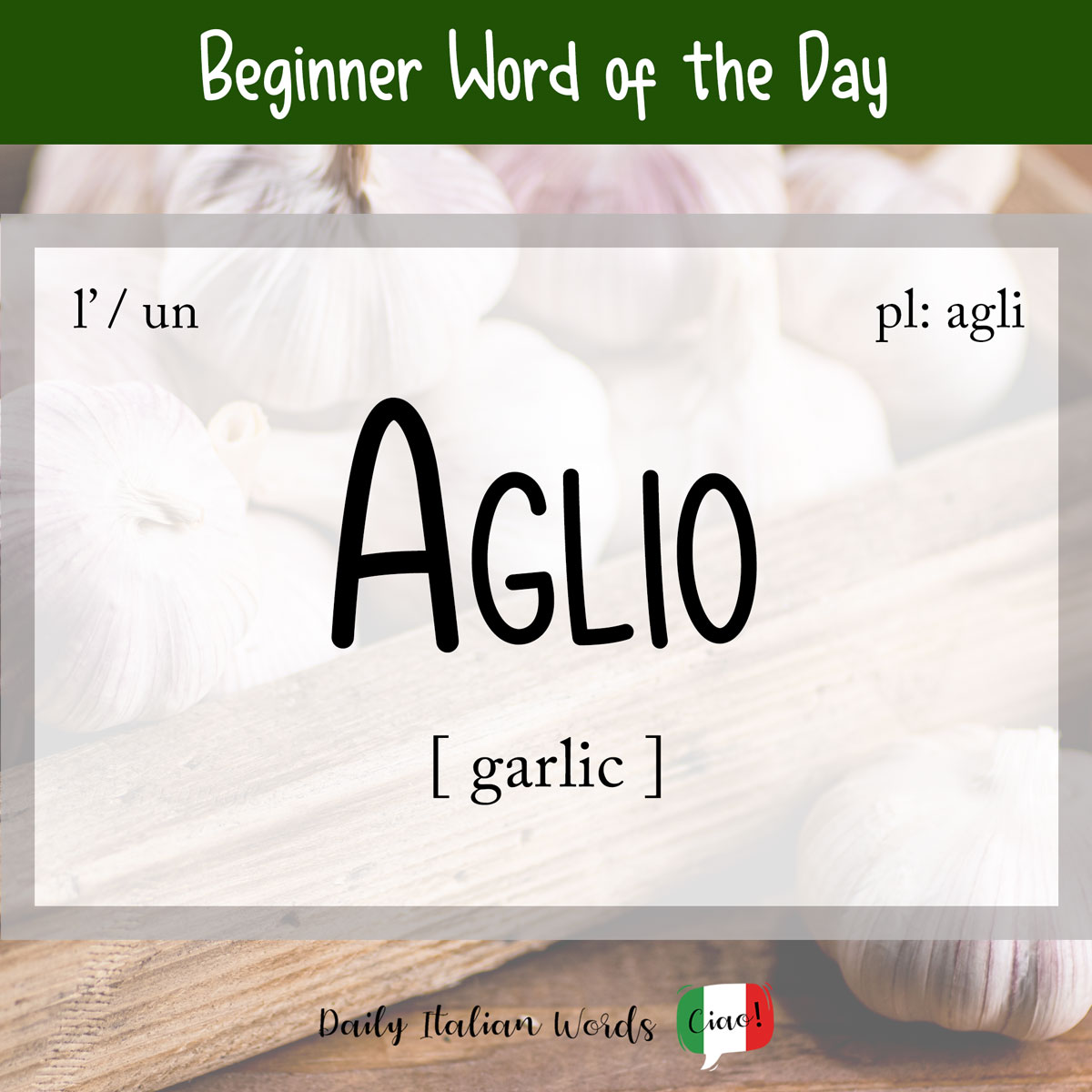25 Important Italian Verbs Conjugated with Essere (to be)
Many tenses in Italian are formed by combining an auxiliary verb – either avere (to have) or essere (to be) – with the past participle of the main verb. These so-called compound tenses include the passato prossimo (present perfect), trapassato prossimo (pluperfect), futuro anteriore (future perfect), and trapassato remoto (preterite perfect). Whether the main verb …

